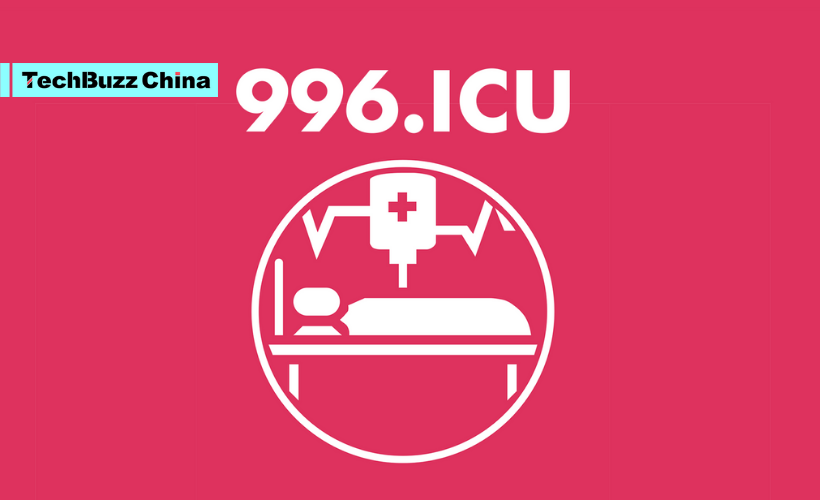In Episode 42 of TechBuzz China, co-hosts Ying-Ying Lu and Rui Ma turn their attention to the developer-led movement 996.icu, one of the few viral China tech topics in the past few months that has made it to Western media in real time and gotten a good bit of coverage. The movement is so named because there is a popular saying that to work “996,” or at least 9 a.m. to 9 p.m., six days a week — as many tech sector employees do in China — is to end up in the ICU. Listeners will also hear from Arman Zand, a lecturer at UC Berkeley’s Haas School of Business. This episode is dedicated to the latest cohort of students from his international business course on China — who, by the way, are all TechBuzz listeners, debated the concept of 996 incessantly while on a recent immersion trip, and met with Pandaily CEO Kevin Zhou over dinner in Beijing. Thanks, all, for your support!
Rui and Ying-Ying explain that what has widely been hailed in the West as one of China’s secret weapons to unseating Silicon Valley as the tech hub of the world is actually a contentious topic within China. They begin with the history of the phenomenon: While some companies always had departments that were overworked, the first truly controversial and semi-official adoption of 996 was in September 2016, when it was rumored that the $10 billion online classifieds company 58.com decided to institute the 996 schedule across its then 20,000 employee base. However, it was not until January of this year that an ecommerce software as a service (SaaS) company named Youzan officially announced that it was moving to a 996 schedule. That was the first time the practice, which had only been tacitly acknowledged, became actual, enforced policy.
Listen to find out: What has happened since? Within the Chinese blogosphere, what are the stated pros and cons to adhering to a 996 schedule? What is the role of the government and of China’s legal code? Have Chinese people always just worked a lot — and what about in other sectors outside of tech? How did the 996.icu movement start, and how did it go viral? What are the sentiments from both sides of the table within the developer community in China? What do Rui, Ying-Ying, and guest commentator Arman think — is this all just part of the startup hustle, or is it worthy of regulatory scrutiny and change? Will things change? How does this one quality relate to China’s innovation — in other words, why is 996 so relevant, and is it a competitive advantage for China?
As always, you can find these stories and more at pandaily.com. Do let us know what you think of the show by leaving us an iTunes review, liking our Facebook page, and tweeting at us at @techbuzzchina! Thank you also to our listeners over at our partner, dealstreetasia.com.
We are grateful for our wonderful producers, Shaw Wan and Kaiser Kuo, and for our interns, Wang Menglu and Mindy Xu.
Our sponsor this week is the University of San Francisco. USF’s new master’s degree in Applied Economics is a STEM-designated program that combines economics training with the practical skills in data analytics needed to understand today’s new digital economy. To learn more, visit usfca.edu/techbuzz.







